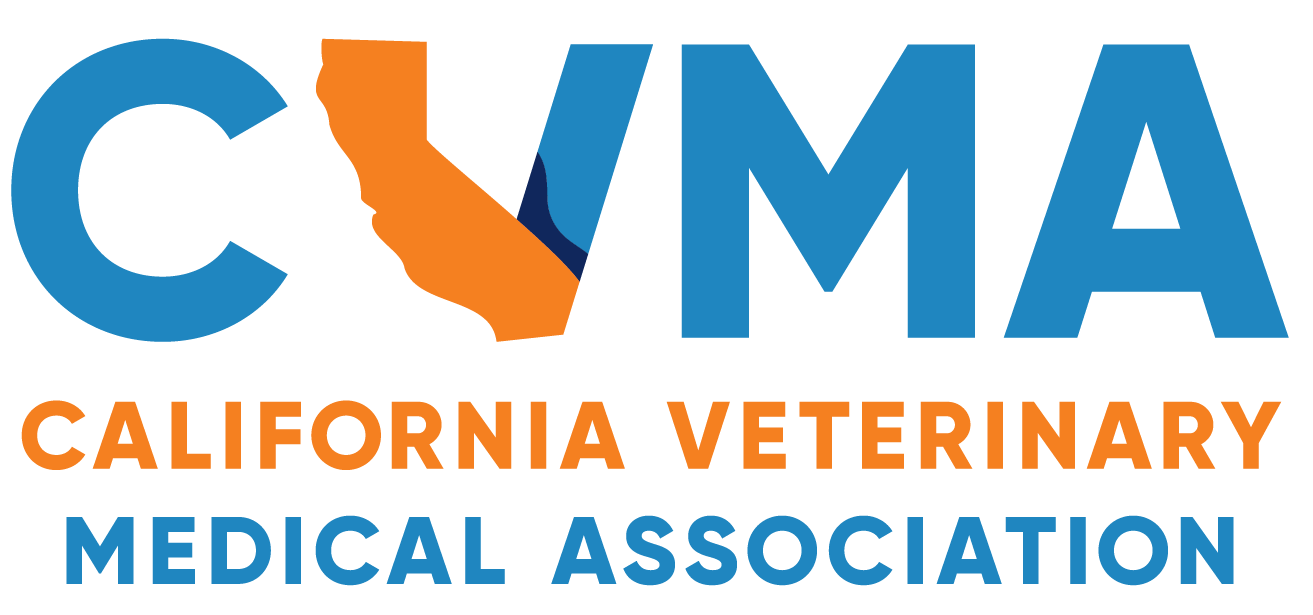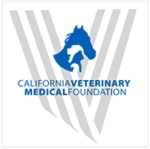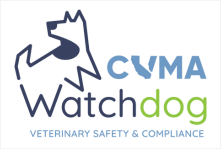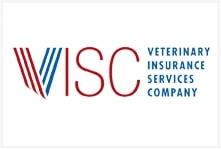This article was originally printed in the November/December 2023 issue of the California Veterinarian.
Recently, I had the opportunity to visit a local clinic and observe as veterinary students calmly and carefully worked together to check a dog’s temperature. I watched in awe at the skill of being able to perform what I assume is one of the more foundational veterinary skills without really being able to communicate with the patient. This experience led me to understand the immense amount of care required of veterinary professionals.
Dr. Brené Brown, through her research on shame, said that “the opposite of belonging is fitting in. Fitting in is assessing a group of people and thinking, who do I need to be? What do I need to say? What do I need to wear? How do I need to act? […] True belonging never asks us to change who we are; it demands that we BE who we are […] Belonging is being a part of something bigger than yourself but it’s also the courage to stand alone and to belong to yourself above all else.” She alludes to two key components of belonging: being accountable to your authenticity while being accountable to something bigger than yourself. It takes an incredible amount of courage to pursue a profession where you are unable to communicate directly with the patients you serve. This quality is not unlike the courage required to be accountable to oneself and one’s community.
With courage in tow, I would like to pose the following questions: Is belonging valued within the veterinary profession? Is veterinary medicine a profession where everyone is free to be as they are without trying to “fit in”? How is veterinary medicine holding itself accountable for ensuring a sense of belonging for veterinary professionals? Has veterinary medicine created a space where diverse people are welcomed into the profession? I challenge you to consider these questions while I discuss the importance of accountability within the context of belonging.
Belonging requires the courage to be accountable to yourself while also being accountable to the community. Consider first being accountable to oneself: what does this mean and what does it have to do with belonging? Being accountable to yourself is essentially not betraying yourself in order to fit in, especially in the face of not belonging to your community. Being accountable means having a commitment to your self-defined authenticity. When you aren’t accountable to yourself, you risk compromising your values or having a facade be mistaken for your authentic self. Ultimately, it is difficult to say that someone truly belongs if they share only their façade—and not their true self—with the community. Does someone belong if they intentionally hide parts of themselves out of fear of rejection?
Being accountable to yourself requires a certain level of self-directed awareness and honesty. Too often, we are afraid that our imperfections and differences will be our downfall, when in truth, not owning our imperfections and differences will ultimately be our downfall. I say this with the understanding that acknowledging these parts of ourselves is not easy. However, what would happen if we decided to accept ourselves wholly and commit to addressing those parts that are not aligned with who we want to be? Who could we become?
Part of being accountable to your community is committing to showing up authentically even when it stretches the ties that bind the community together. Showing up authentically acts as a litmus test to determine how committed a community is to upholding its values, particularly the value of inclusion of all members. After all, it is easy to tout inclusion when “it’s the right thing to do.” However, when you realize that inclusion requires all community members to expand the way they exist in the community, our commitment to the words we espouse is tested. Belonging and inclusion mean nothing without the action behind the meaning.
Being accountable to your community also requires you to show up as your best self and be accountable for the times when you fall short of community values. It requires that you challenge yourself and others to step up and align with operative values and agreements. Without accountability to those values and agreements, the commitment of the community can be called into question. If you do not consistently act in alignment with who you say you are, it should be no surprise that your commitment might come into question.
Accountability is a critical part of belonging because, without it, relationships break down and belonging is jeopardized. Accountability is the action taken to address any missteps that warrant attention. Without accountability, there is a stronger likelihood that harm will continue to occur. The community itself has a reciprocal duty of accountability: If someone repeatedly experiences harm or if an egregious act is committed against them and no one attempts to repair the damage, it would be hard to believe that the community truly cares about that individual’s wellbeing, thus undermining that person’s sense of belonging.
Creating a culture of belonging is an ongoing process. It begins with a dual-pronged assessment—a self-assessment of individual community members, and an overall assessment of the culture. What are the mission, vision, values, attitudes, behaviors, policies, and practices of your community, both explicit and unspoken? This assessment is important to get an understanding of the gap between aspiration and reality; it’s especially important to get feedback from ALL members. Oftentimes, within organizations, we neglect to gather the opinions of everyone. This practice is itself exclusionary and limits the understanding of the culture and where it needs to grow.
When a community’s culture leaves very little space for difference, growth, and adaptability, inclusion will suffer and tension will inevitably arise as its members begin to change. This tension is almost always felt most strongly by those who embody characteristics counter to the culture. Change can come from the outside, with new members attempting to belong, or it can come from within, as members grow and evolve as humans often do; ultimately, change is coming.
I began this article by acknowledging the courage it takes to be a veterinary medicine professional. My hope is that you will consider how you can use that courage to challenge the veterinary profession to assess where we are and commit to doing the work to get to where we need to be. The future of veterinary medicine is diverse. It’s time we showed them that veterinary medicine is ready to adapt, that veterinary medicine is a place where I belong, where you belong, and where we all belong, together.
Monae Roberts currently serves as the Chief Diversity Officer at the UC Davis School of Veterinary Medicine. They have spent the last 10 years as a DEI professional as both a consultant, and career staff in higher education and the corporate sector. The foundation of their approach rests on the belief that our collective liberation is made possible when individuals commit to a personal journey in self-awareness. Monae is most inspired by the work of adrienne maree brown, bell hooks, Kazu Haga, and Dr. Brené Brown. They live in Sacramento with their wife, two kids, and two dogs.







